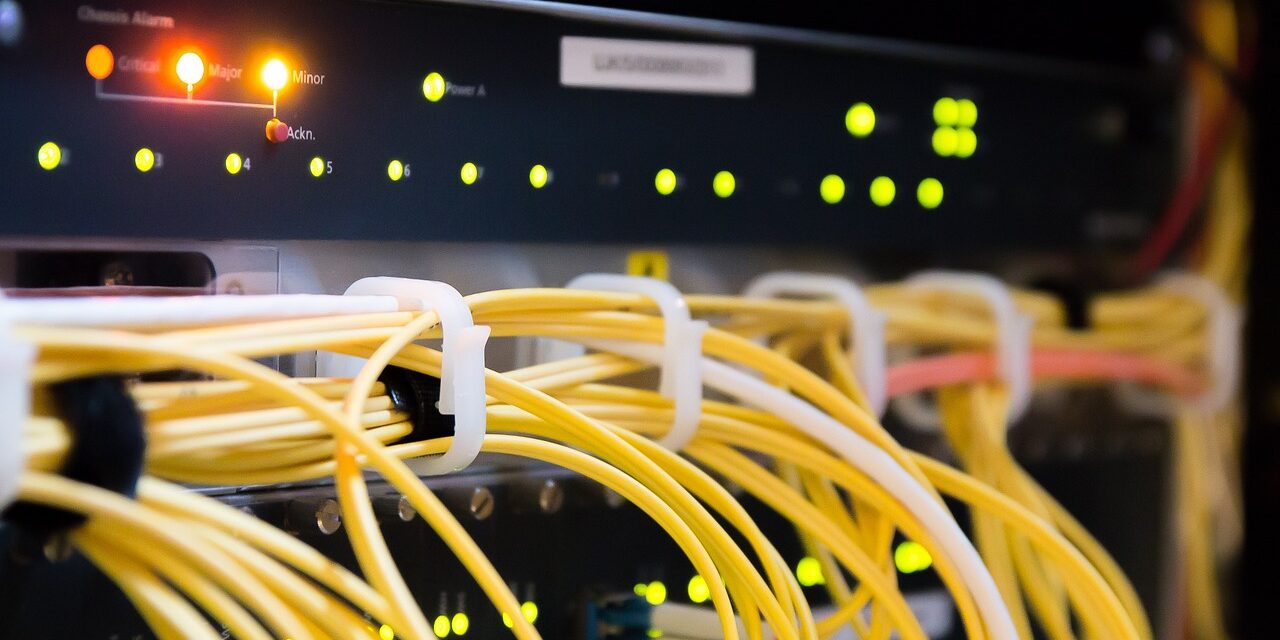Energy is the lifeblood of modern society, powering our homes, businesses, and industries. As we move forward, how we generate, distribute, and consume energy is undergoing significant transformations. Rapid technological advancements and growing concerns about sustainability and climate change drive innovation in commercial and residential electrical systems.
Renewable Energy Integration
One notable trend in the energy sector is the increasing integration of renewable energy sources. Solar and wind energy are increasingly affordable and available, resulting in a global surge in installations.
Residential and commercial buildings harness the sun’s power through rooftop solar panels, while large-scale wind farms generate clean energy for entire communities. Moreover, innovations in energy storage systems, such as advanced batteries, enable a more reliable and efficient integration of renewables into the electrical grid.
Smart Grids and Energy Management
The IoT and connectivity have led to the development of smart grids, intelligent electrical systems that improve energy distribution monitoring, control, and optimization. By utilizing real-time data and advanced analytics, smart grids balance supply and demand, detect faults and efficiently manage energy flow.
In addition, they enable consumer participation through smart meters and home automation, optimizing energy usage, reducing waste, lowering costs, and promoting sustainability.
Energy Efficiency and Conservation
Energy efficiency is now of utmost importance in commercial and residential settings. Innovations in electrical systems strive to decrease energy consumption while maintaining or enhancing performance. LED lighting, for example, has transformed the lighting industry by providing energy-efficient alternatives to conventional incandescent bulbs.
Energy-efficient appliances and HVAC systems are also gaining traction, enabling consumers to save money on electricity bills while reducing their carbon footprint. Additionally, smart sensors and automation technologies facilitate intelligent energy management by automatically adapting settings based on occupancy, ambient conditions, and user preferences.
Decentralized Energy Generation
The future of energy not only involves the integration of renewable energy sources but also emphasizes decentralization. Conventional energy systems heavily rely on centralized power plants that transmit electricity over long distances, resulting in transmission losses and vulnerability to disruptions.
However, the emergence of distributed generation systems is changing this paradigm. Distributed energy resources, such as microgrids and local solar installations, generate electricity closer to the point of consumption. This approach enhances grid resilience, reduces transmission losses, and promotes energy independence.
Electrification of Transportation
Electric cars are gaining popularity with the improvement of battery technology, expansion of charging infrastructure, and government incentives. This growth in electric vehicles (EVs) brings challenges and opportunities for electrical systems.
Integration of charging stations into existing infrastructure and developing smart charging technologies are necessary to manage the demand on the grid. Additionally, exploring vehicle-to-grid (V2G) systems allows EVs to function as energy storage devices and contribute to grid stability.
Conclusion
The future of energy is a dynamic landscape driven by innovation, sustainability, and the quest for a cleaner environment. Renewable energy integration, smart grids, energy efficiency, decentralized generation, and transportation electrification are key trends and innovations shaping commercial and residential electrical systems.






